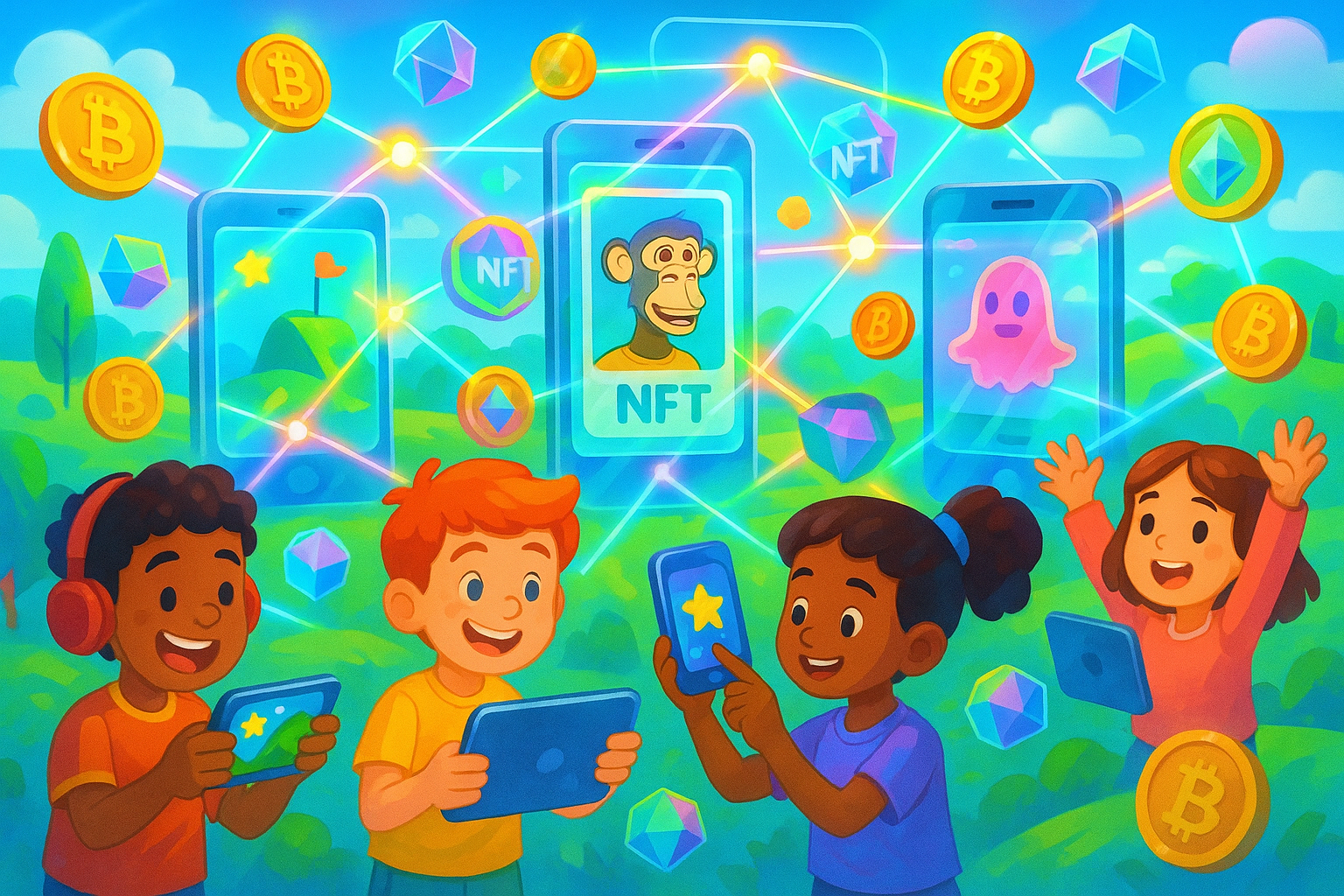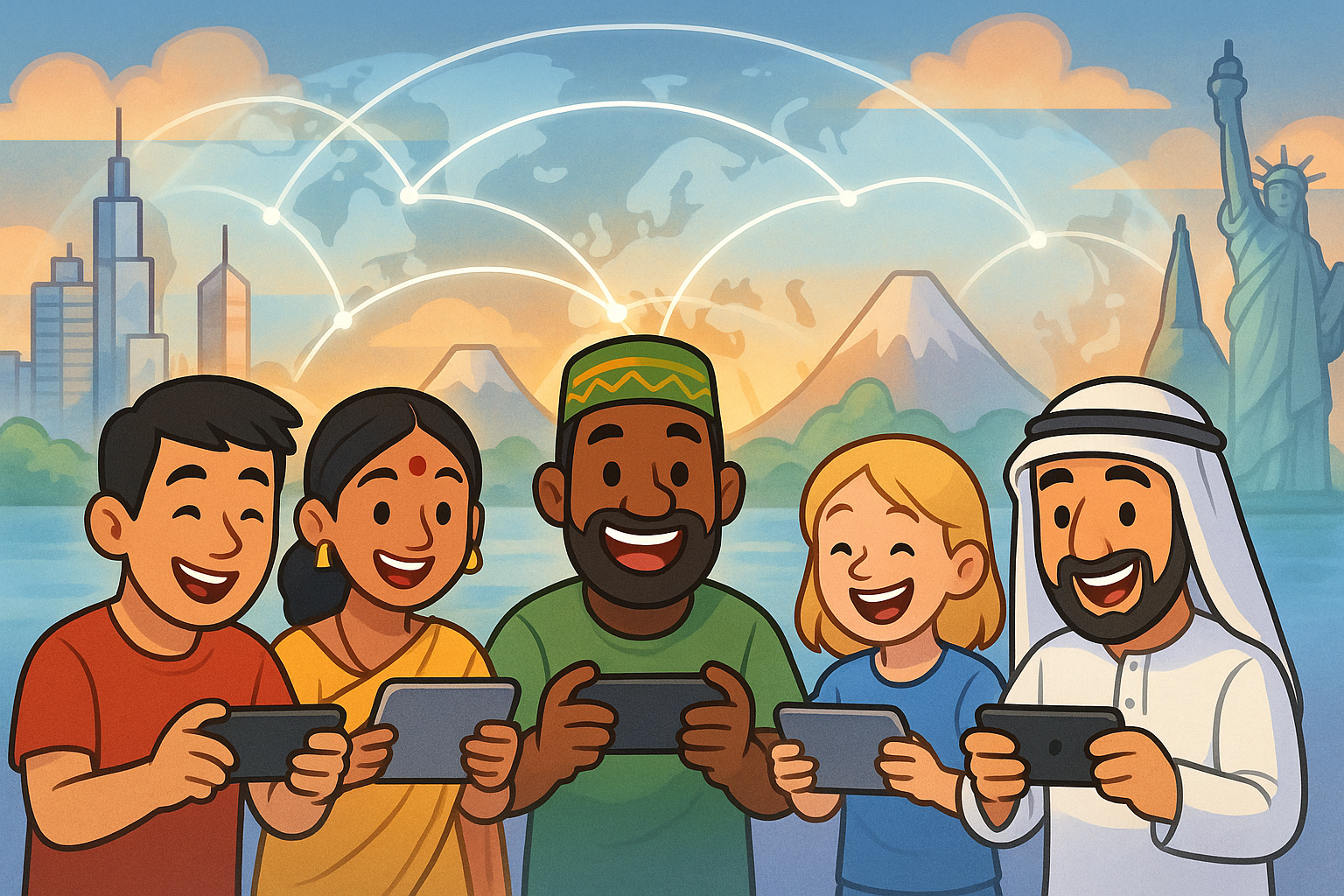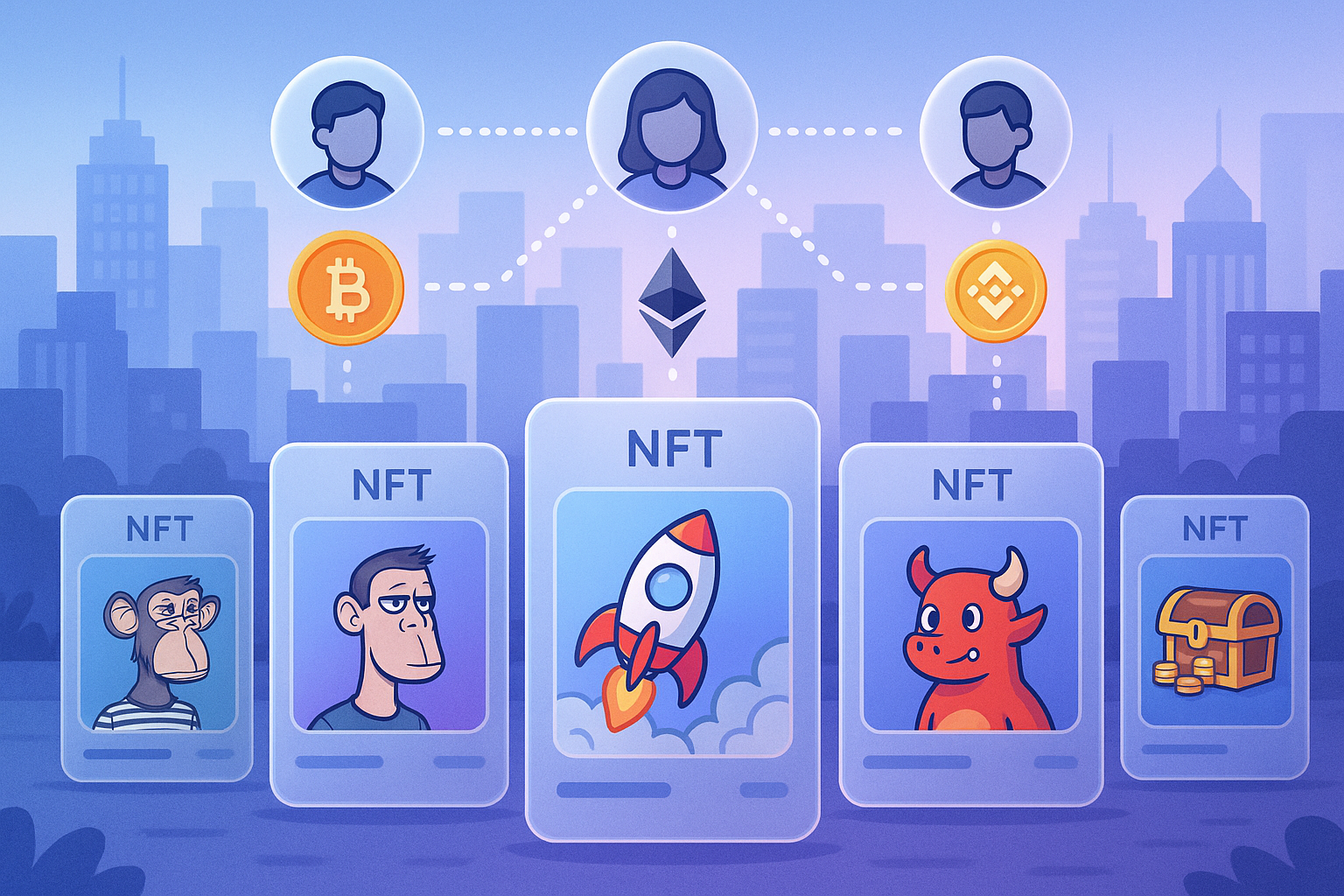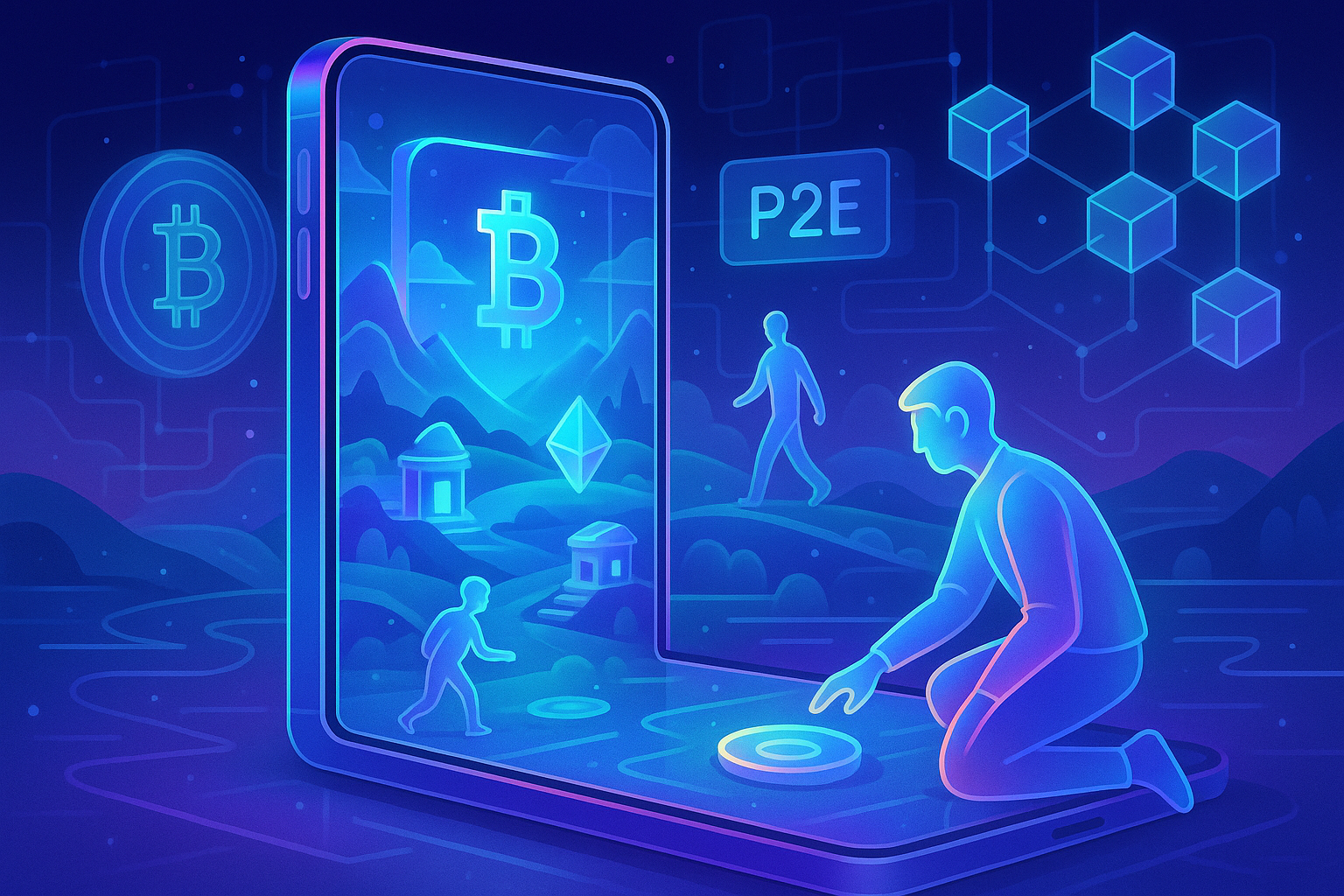Play-to-Earn on Mobile: Gaming on the Go and Beyond
The world of gaming has always been dynamic, evolving from arcade cabinets to living room consoles, and then seamlessly into our pockets with the advent of smartphones. Mobile gaming isn't just a niche; it's a global phenomenon, captivating billions with its accessibility and convenience. Now, a revolutionary concept is redefining how we interact with our digital entertainment: Play-to-Earn (P2E). And when P2E meets mobile, it creates an unparalleled synergy, opening up avenues for financial empowerment and truly decentralized gaming experiences right in the palm of your hand.
The Genesis of Play-to-Earn
For decades, gamers spent countless hours, often significant money, within virtual worlds, accumulating digital assets that held value only within the confines of that specific game and were ultimately owned by the game developers. P2E fundamentally shifts this paradigm. Leveraging blockchain technology, P2E models allow players to earn tangible rewards – cryptocurrencies or non-fungible tokens (NFTs) – that have real-world value and can be traded, sold, or used outside the game ecosystem. This isn't just about fun; it's about ownership, utility, and the potential for economic participation.

Why Mobile is the Perfect Ecosystem for P2E
The marriage of P2E and mobile gaming is not just convenient; it's a game-changer for several crucial reasons. Firstly, **accessibility**. Almost everyone today owns a smartphone, making mobile P2E games immediately available to a global audience, far wider than traditional PC or console gaming. This lowers the barrier to entry significantly for millions who might not have access to expensive gaming hardware but possess a capable mobile device.
Secondly, **convenience and flexibility**. Mobile gaming fits seamlessly into daily life. Players can engage with their favorite P2E titles during commutes, lunch breaks, or quiet moments at home. This on-the-go nature means consistent engagement, which is vital for P2E models that often reward regular participation, daily quests, or consistent asset management. The ability to earn while waiting for a bus or during a coffee break transforms idle time into productive, value-generating activity.
Thirdly, **global reach and financial inclusion**. In many developing regions, mobile phones are the primary, if not sole, access point to the internet and digital economies. Mobile P2E offers a unique opportunity for individuals in these areas to earn supplementary income, participate in a global digital economy, and even build wealth, independent of traditional financial infrastructures. This aspect alone highlights the profound social impact mobile P2E can have, fostering economic empowerment on an unprecedented scale.

Understanding the Mechanics: How You Earn
Earning in mobile P2E games goes beyond simple in-game currency drops. Here are some common ways players generate value:
- Collecting and Trading NFTs: Many games feature unique digital assets like characters, skins, weapons, land plots, or even virtual pets as NFTs. Players can earn these through gameplay, breeding, or crafting, and then sell them to other players on secondary marketplaces for cryptocurrency.
- Staking and Governance: Some P2E ecosystems allow players to "stake" their in-game tokens or NFTs, locking them up to support the network and, in return, earning passive income or new tokens. Holders of governance tokens may also have a say in the future development and direction of the game.
- Completing Quests and Challenges: Just like traditional games, P2E titles often offer quests, daily challenges, and seasonal events that reward players with in-game currency, rare NFTs, or experience points that lead to more valuable rewards.
- Competitive Play: Esports-style tournaments and competitive ladders can offer significant crypto rewards for top-performing players, adding an extra layer of skill-based earning.
- Providing Liquidity: In some cases, players can contribute to the game's decentralized finance (DeFi) aspects, providing liquidity to token pools and earning a share of transaction fees.

Navigating the Challenges and Embracing the Future
While the potential of mobile P2E is immense, it's not without its hurdles. The nascent nature of the Web3 space means volatility in token prices, potential for scams, and evolving regulatory landscapes are all factors players must consider. Technical challenges such as ensuring smooth gameplay on diverse mobile hardware, optimizing blockchain transactions for speed and cost, and creating truly engaging and sustainable in-game economies are also continuously being addressed by developers.
However, the future looks incredibly bright. As blockchain technology matures, we're seeing significant advancements in scalability solutions, leading to faster and cheaper transactions. Game developers are also learning from early iterations, focusing on creating more sustainable tokenomics and genuinely fun gameplay that prioritizes user experience over speculative earning. We can expect more sophisticated graphics, deeper narratives, and seamless integration of Web3 elements that make the blockchain aspects almost invisible to the everyday player. Mobile P2E is poised to become a significant force, not just in gaming, but in the broader digital economy, transforming how we perceive and interact with digital value on the go.

Joining the Revolution
For those looking to dive into mobile P2E, the landscape is rich and varied. From strategy games where you manage digital empires and earn through resource accumulation, to casual games that reward daily engagement, and immersive RPGs where unique character NFTs are your most valuable assets, there's a game for every taste. It's an exciting time to be a mobile gamer, where your time and skill can translate into tangible value, blurring the lines between entertainment and economic opportunity. The ability to carry an entire digital economy in your pocket, accessible anytime, anywhere, is no longer a futuristic dream but a present reality. Mobile P2E isn't just about gaming; it's about empowering players and shaping the future of digital interaction.

